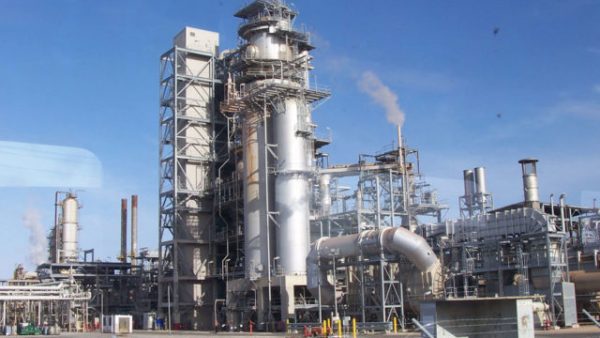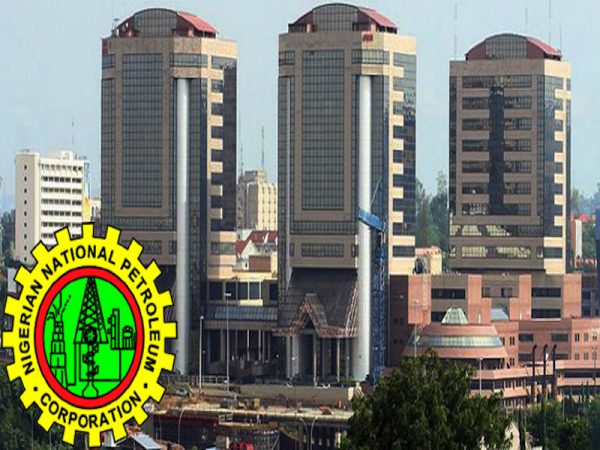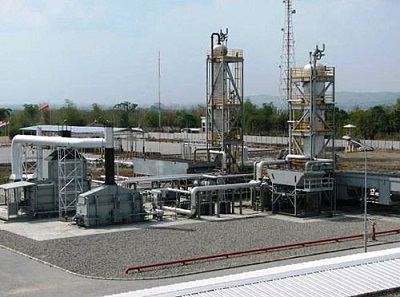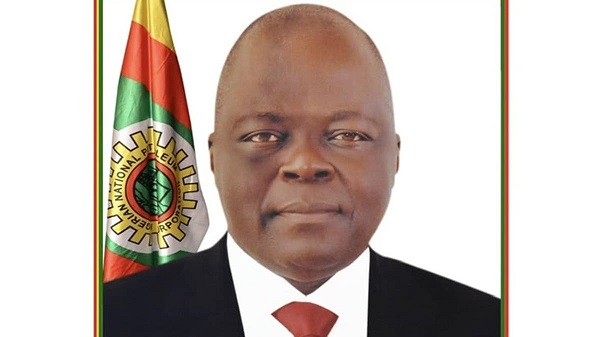Dangote Refinery to reduce fuel importation in Nigeria, others

The sub-Saharan Africa (SSA) region is expected to be the direct beneficiaries of the 650,000 barrels-per-day Dangote refinery as the project is expected to drastically reduce the countries’ fuel import majorly from Europe with the expected impact on foreign exchange outflows.
These are part of the submissions by oil and gas stakeholders at this year’s Ghana International Petroleum Conference (GhIPCON) in Accra, Ghana themed ‘Regional Collaboration; A Catalyst for Transformation’, which was organised by the country’s Ministry of Energy and the National Petroleum Authority.
The SSA region presently boasts of over 132 trillion barrels of proven oil reserves, more than eight per cent of the world’s supply. Yet, it exports most of this oil to overseas refineries.
The inability of sub-Saharan African countries to locally refine its oil has taken a huge toll on their economies, with 48.5 per cent of the region’s population living below $1.25 per day and life expectancy hovering at 56 years.
Group Executive Director, Strategy, Capital Projects & Portfolio Development, Devakumar Edwin said at the conference that the refinery would soon come on stream to the benefit of the region whose economy had largely depended on imports from Europe and the west, and that the Dangote refinery will foster regional harmonisation in the distribution of cleaner petroleum products in West Africa.
Edwin, who was represented by the Technical Adviser to the President of Dangote Group on Refinery and Petrochemicals, Babajide Soyode, believe that the completion of Dangote Refinery and other modular refineries projects across West Africa, would lead to the integration of the downstream industries, and stabilise the prices of petroleum products across the African sub-region.
He stressed the need for other investors in West Africa to emulate the investment drive of Aliko Dangote in the downstream petroleum sector and make the sub-region an exporter of refined products.
Edwin also urged investors in sub-Saharan Africa to invest in the downstream sector.
“If Dangote can do it, any investor can do it. Dangote has not waited for the government to regulate the downstream sector before starting the construction of the refinery.
“We don’t need foreign investors to turn around our downstream sector. African investors should be able to emulate Dangote and revive the African downstream petroleum industry,” he added.
He assured the stakeholders that the refinery is designed to process multiple grades of domestic and foreign crude, which can be converted into high-quality gasoline, diesel, kerosene, and aviation fuels that meet Euro V emissions specifications.
To bridge this gap and ensure cleaner fuel in the sub-region, Dangote Oil Refinery is being designed to accommodate multiple grades of domestic and foreign crude, and process them into high-quality petrol, diesel, kerosene, and aviation fuels that would meet Euro V emissions’ specifications, plus polypropylene. The facility, according to him, would be integrated with a petrochemical unit that will produce polypropylene and fertilisers.
Edwin said Nigeria would soon become the largest exporter of fertiliser in Africa as the Dangote Fertiliser Company is set to commence full production. According to him, pre-commissioning activities have started while construction work is still on-going at the Dangote Refinery site.
Speaking also, the Vice President of the Republic of Ghana, Dr. Mahamudu Bawumia, assured stakeholders in the petroleum downstream industry that the government would create an enabling environment for downstream business to thrive competitively, efficiently and with the highest of safety standards.
“Government, through the Ministry of Energy is in the process of ensuring institutional and regulatory re-alignment of the midstream gas subsector to bring clarity and a degree of certainty to players within that subsector.”
The GhIPCON is designed to actively bring to the fore the operating industry’s perspective and guidance on issues of governmental and regulatory policy, as well as best practices for the advancement of the industry across West Africa.








